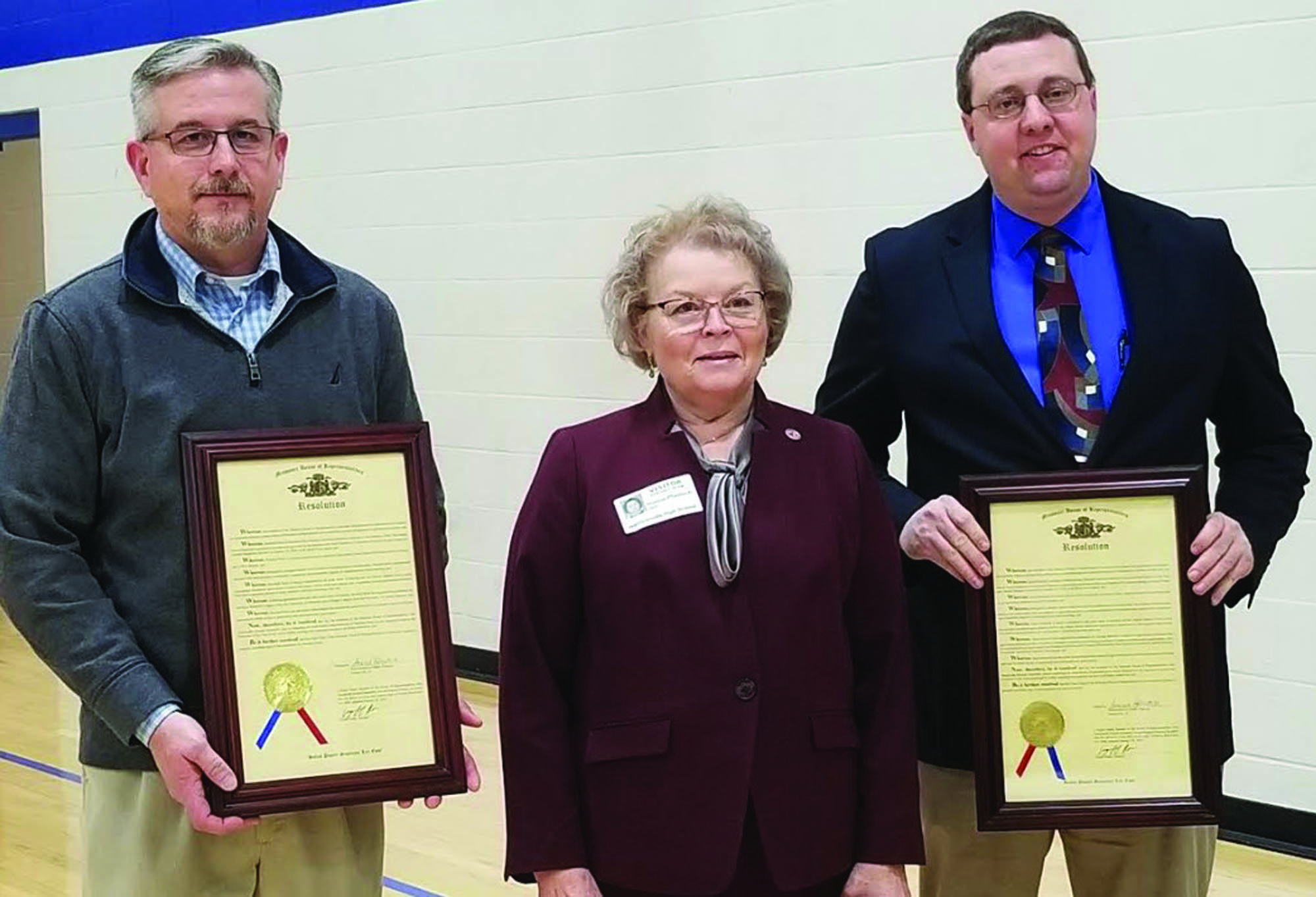
What role does FFA have in the 21st Century?
June 17, 2022
Written By Neal Fandek
Jason Dieckhoff and Marshall Streit teach ag at the Cass Career Center in Harrisonville, Mo. The center, which draws about 120 ag students from five area high schools, has had great success. Neither teacher likes to boast, though maybe they should.
The two were named Harrisonville Community Teachers of the Year, and Dieckhoff received the 2021 National Ag Educators Teacher Mentor Award. Dieckhoff has taught at the center for nearly 20 years, and Streit has 20 years of industry experience, notably with Iowa Beef and Pork (now Tyson). They complement each other: Dieckhoff teaches plant science and conservation, and Streit teaches ag tech and animal science.
“We prefer to avoid the limelight,” Streit said. “We like to keep our focus on the students. We may not be flashy, but our students come out professionals, ready for their next step (in ag).”
But is ag still a viable career?
“While those directly involved in production agriculture continue to decline, the amount of jobs continues to rise,” Dieckhoff said. “There are more jobs available than recent graduates from high schools and colleges can supply. We feel we need to teach students about production agriculture, but also the skills and knowledge to support it – animal health, sales and marketing, machinery technology, conservation and sustainability.”
Streit is more direct: “Ag companies are screaming for people! Students don’t need a college degree to make a great living. Students can come out of a community college with no debt and join an ag career starting at $50,000.”
They say they are merely meeting local needs with classes. This includes a veterinary science class to fill the dire, nationwide need for vets; an equine science class (the county has a large horse population); expanding conservation classes to grassland management, forestry and soil conservation; and expanding ag science, power and mechanics to include GPS. The center recently bought a John Deere tractor to demonstrate GPS. In 2015, they bought a computer numerical control (CNC) plasma table, too.
CNC machines are operated by AutoCAD, a complex computer-aided design and drafting software.
“Some students don’t want to weld,” Streit said. “Okay, they can design. If you can play a video game, you can run a CNC machine.”
One former student who’s benefited from this hands-on and modern approach is Trevor Campbell, now an ag business major at Mizzou’s College of Agriculture, Food and Natural Resources. Streit saw how adept he was with engines and encouraged him to pursue his passion. The result was a successful business, Campbell’s Small Engines and Lawns.
“They (Dieckhoff and Streit) were always there for me,” Campbell said. “They are fully the reason I’m studying at MU today.”
George Frees, another former student, is studying biochemistry and plant sciences at Mizzou. Frees won a national FFA agriscience award for research into speeding sugar cane growth for ethanol production. Frees conducted a year-long research project evaluated by ag PhDs, aided and encouraged by both teachers every step of the way.
“I hope they both know how much of an impact they made on me and countless others,” Frees said. “I would not be where I am without them.” That where, incidentally, may be everywhere: Streit says Frees’s research could transform life in the United States in 20 years.
Adds Campbell, “It’s easy to underestimate the time and care they put into helping students like me achieve their potential and success.”
Agriculture teachers are vital to developing their students’ understanding and appreciation for the agricultural industry. In recognition of their important role, MFA Oil is profiling the amazing work ag teachers do to prepare the next generation of leaders in agriculture.

